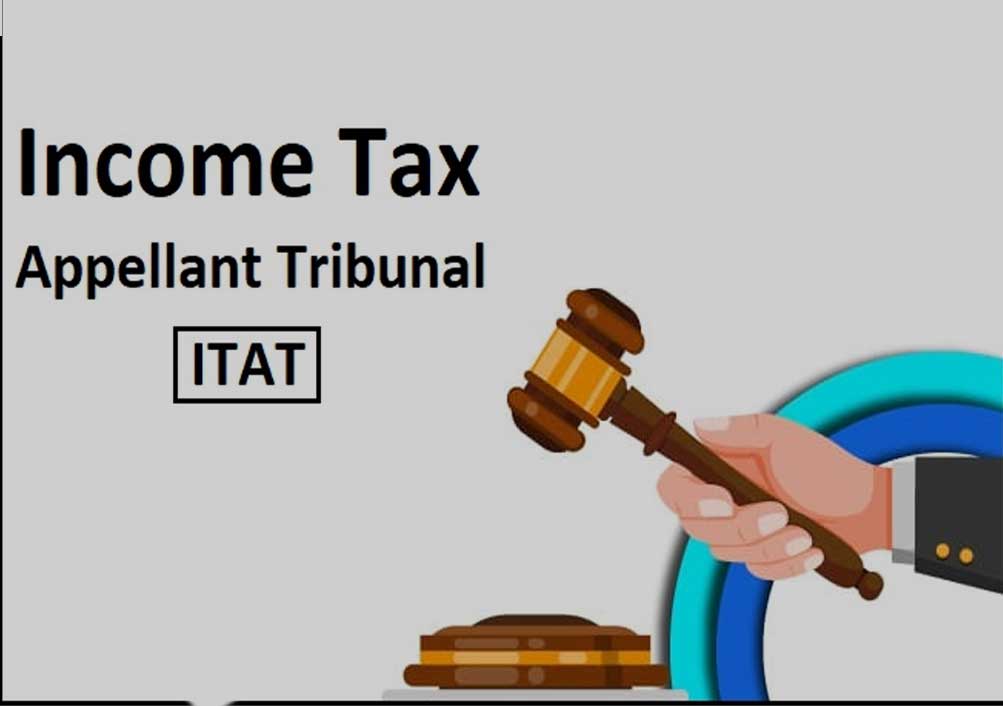InI.T.A. No. 2484/Mum/2022 -ITAT- ITAT (Mumbai) affirms TPO's decision to treat interest receivable on loans to AE by Parle Biscuits Pvt. Ltd. as separate international transaction
MembersKuldip Singh (Judicial) &Padmavathy S. (Accountant) [30-06-2023]

Chahat Varma
New Delhi, July 26, 2023: The Mumbai bench of the Income Tax Appellate Tribunal has confirmed the Transfer Pricing Officer's (TPO) action of treating the interest receivable on loans given by Parle Biscuits Private Limited (assessee) to its associated enterprise (AE) as a separate international transaction. The Tribunal found no error in the TPO's decision to charge interest on the outstanding loan amount.
Factual background of the case was that the assessee, a subsidiary of Parle Products Pvt. Ltd., engaged in manufacturing various products, including biscuits, confectionery, snacks, and bakery items, had entered into international transactions. During the Transfer Pricing proceedings, the TPO observed that the assessee had provided loans to its AE and charged interest at a rate of 5.5%. However, the Assessing Officer treated the interest receivable as a separate international transaction and levied interest accordingly. The assessee disputed this treatment before the Dispute Resolution Panel (DRP), arguing that interest on interest receivable should not be treated as a separate international transaction and that it was hypothetical income, not real income.
The Tribunal observed that the assessee had recorded the interest as receivable in its books of account, but the interest remained outstanding for an extended period, exceeding 14 years in some instances. The assessee cited that the delays in interest payment were due to the incurred losses by its AEs, particularly Equator Food Ghana Limited, from which a significant portion of the interest was outstanding. The assessee contended that the AE started repaying the interest once its financial position improved. However, the assessee failed to provide supporting details or evidence to substantiate these claims before the lower authorities. The Tribunal also observed that the assessee failed to provide any evidence or details regarding efforts made towards recovering the outstanding interest amount from its AE.
The Tribunal further stated that interest on a loan represented compensation received by the assessee for providing funds to its AE. The interest element on the loan, if not paid, contributed to improving the liquidity position of the AE and was an integral part of the loan transaction. Thus, the Tribunal found no issues with the TPO’s decision to treat the interest receivable as a loan outstanding and charging interest on it.
Sign up for our weekly newsletter to stay up to date on our product, events featured blog, special offer and all of the exciting things that take place here at Legitquest.




Add a Comment